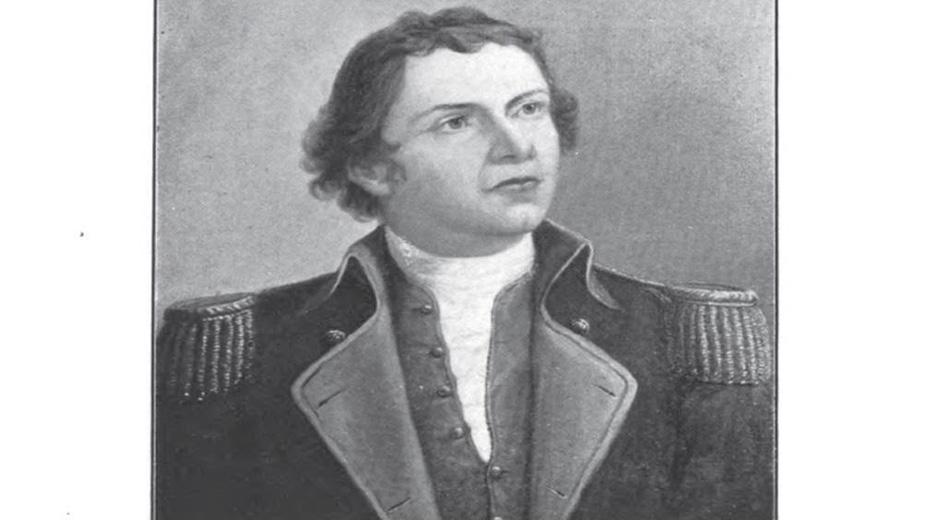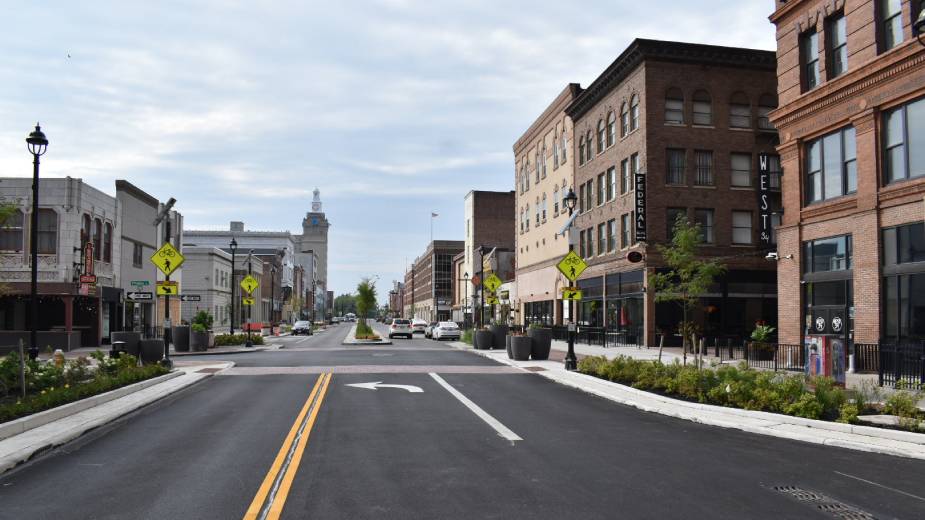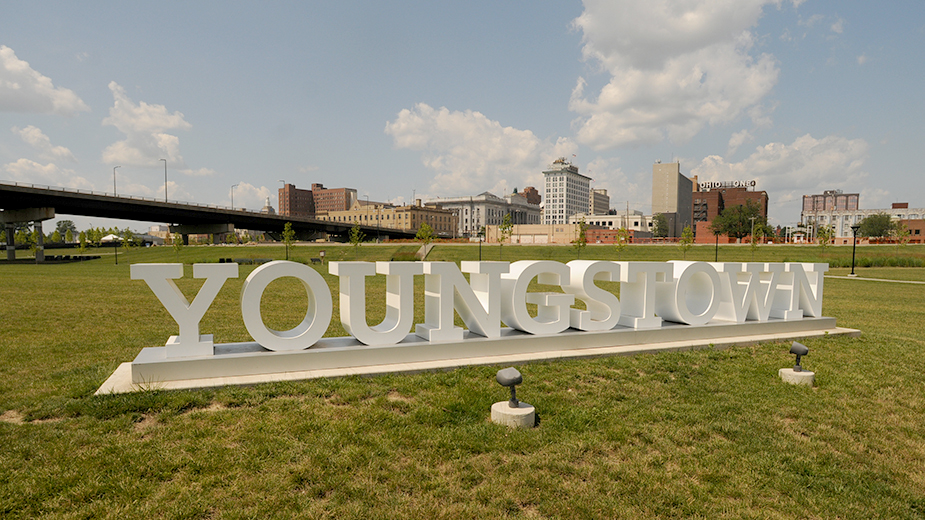Mercer Memorializes Revolution War Hero
MERCER, Pa. – During the decade following the War for American Independence, veterans of the conflict sought to make a new life for themselves in what was then the wild frontier of northwestern Pennsylvania.
Once this land was mapped and platted, many of the counties drawn were named to honor the heroes of the Revolution. Hugh Mercer was one of them.
Mercer – a physician and close confidante of George Washington – was instrumental in planning the Continental Army’s surprise attack on the Hessian garrison at Trenton, N.J., on Dec. 26, 1776. Just two weeks later, Mercer would die of wounds he suffered at the Battle of Princeton in January of 1777.
Mercer’s name lives on through the cities, counties, schools, academic halls and streets named for him across the country. Ohio, Pennsylvania, New York, New Jersey, Kentucky, Virginia, West Virginia, Maine, Illinois and Missouri all have some entity affixed with the Mercer surname.
The borough of Mercer, Pa. – the seat of government for Mercer County – is among those communities that bear the name of this fallen soldier.
“It was common to name a city or county after heroes of the Revolution,” says Bill Philson, executive director of the Mercer County Historical Society. “The county was named 27 years after his death.” Mercer, by then a well-established community, was incorporated as a borough in 1814.
American settlement in the region took hold slowly. Although the Six Nations of the Iroquois ceded their rights to northwestern Pennsylvania in 1784 under the Treaty of Fort Stanwix, several tribes – namely the Shawnee, Mingo and Delaware – refused to recognize the agreement and instead resisted white encroachment. As a result, few Americans moved into this particular part of country in the years immediately following the war.
In 1794, an American army under the command of Anthony Wayne defeated a western confederation of Native Americans near Toledo at the Battle of Fallen Timbers. The defeat paved the way for whites to move into the new western territories with little resistance.
The first known white man to settle in Mercer County was Benjamin Stokely, who in 1795 staked a land claim in the middle of the county, just outside what is now the town of Mercer, Philson says.
In 1803, a traveler through the area noted that there were just three buildings – the McMillan House, the Stokely House and Hunter’s Tavern.
“There were a lot of taverns,” Philson says, as more people poured into the area – many of whom were former soldiers who received land grants in return for their service in the war.
The primary business of Mercer Borough has always been government, Philson says, and taverns and stables were natural offshoots that served those in search of lodging as they conducted business in the courthouse.
The first courthouse was a log structure built in the early 19th century. A second courthouse burned down in 1869, as did the third in 1907. The fourth courthouse, built in 1911, stands today in the center of town and is listed on the National Register of Historic Places.
Unlike nearby communities such as Sharon, Mercer did not evolve into a major industrial hub, Philson says. “Mercer is situated on a hill and is located away from deep water and canals,” he says.
Towns such as Sharpsville, for example, drew business from an extension of the Erie Canal that ran straight through the community, providing a conduit for iron ore and coal during the 19th century.
Still, even small communities such as Mercer has produced innovators such as George Reznor, who founded the Reznor Co. in 1888, developed the first gas-fired heating unit for industrial use in 1935 and pioneered gas-fueled stoves for residential applications. The company was first sold during the 1960s; today, the Reznor brand is a subsidiary of Nortek Global HVAC.
One of Reznor’s descendants is Trent Reznor, a multi-instrumentalist who founded the alternative-rock band Nine Inch Nails in 1988. Reznor grew up in Mercer. Rolling Stone magazine ranked the band 94th on its list of the 100 greatest artists of all time.
Reznor has since found success as a solo artist and composed the film scores for movies such as “Gone Girl,” “The Girl With the Dragon Tattoo” and “The Social Network.” Most recently, Reznor composed the score for Ken Burns’ documentary “The Vietnam War” for PBS.
Other notable residents of Mercer are Lewis Francis Brest, who won the Medal of Honor for his service during the Civil War, and Samuel Leech Maskrey, who played four seasons, 1882 to 1886, in what became Major League Baseball, including one with the Cincinnati Red Stockings of the American Association.
Maskrey, also a talented artist and writer, spent most of his adult life in baseball, engaging in coaching and managing minor league franchises until 1904 when he turned 50. He last managed a team from Warren as part of the Iron and Oil League.
Philson reflects that over the last two centuries, Mercer has maintained a quiet dignity that remains unencumbered by big business. The borough’s population stands around 2,000, about even with its population at the turn of the 20th century. “It’s been the same for a long, long, time,” he says.
Pictured: Hugh Mercer never stepped foot into the part of Pennsylvania that would bear his name.
Copyright 2024 The Business Journal, Youngstown, Ohio.



